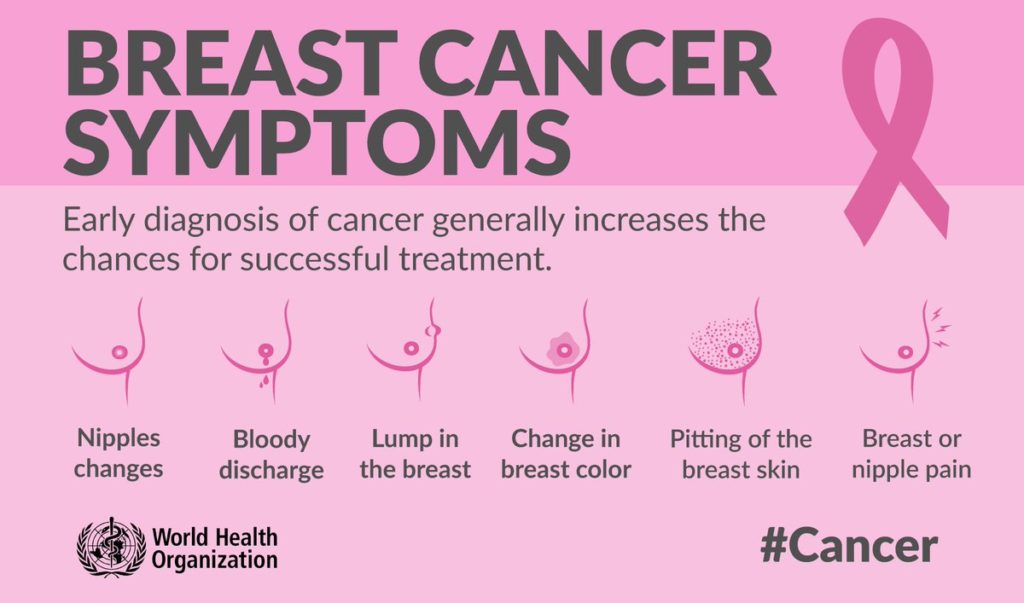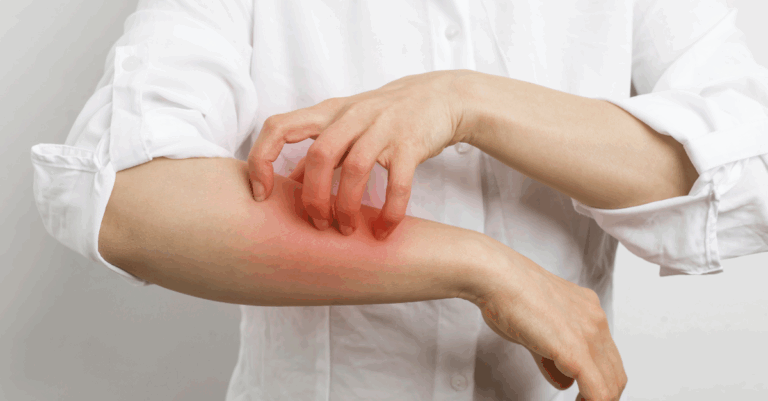October is Breast Cancer Awareness month, and we wanted to provide some information on what working on cancer prevention with a naturopathic approach looks like.
What is the Integrative/Naturopathic Approach to Prevention?
Some of the key components to breast cancer prevention through a naturopathic lens are:
- Hormone Regulation: Some breast cancers are hormonally driven. Due to the rise in birth control use, and estrogen-mimicking environmental toxins in plastics, pesticides, beauty products, cleaning products, and detergents, many women are experiencing the effects of estrogen dominance. Working to regulate these hormones through diet, lifestyle, and vitamin and supplement support is key.
- Inflammation: While inflammation is a normal body response to infection or injury, chronic inflammation is linked with many health conditions. Reducing stress levels, uncovering any food sensitivities, as well as anti-inflammatory diet recommendations, play an important role in prevention.
- Immune System Health: The immune system plays a vital role in overall health. Many harmful cells are actually detected and destroyed by your immune system before they ever pose an issue. If the immune system is not functioning properly, it can fail in this function which can lead to abnormal cell growth.
- Overall Wellbeing: As with any aspect of our health, our overall well-being is one of the most important factors in staying healthy and preventing illness and disease. An ND will work with you holistically, examining all areas of your wellness (diet, stress, sleep, exercise to name a few) to work together to the most healthy, vibrant, you possible.

What are some specific Prevention Tips?
- Choose GOOD fats. Essential fats such as Omega 3s found in flaxseed and fish oils are an important component of cellular function.
- Maintain a healthy body weight. Your own body fat can store excess hormones such as “bad estrogens”, which may fuel the growth of breast cancers that need hormones to grow. Regular Exercise is perhaps the most important prevention tool for any cancer.
- Avoid environmental estrogens. This means do your best to avoid bottled water stored in plastics, avoid microwaving and storing in plastic containers, plastic wraps, and cellophane, minimize the use of the birth control pills/hormone replacement, avoid dioxins (by-products of chlorine bleaching) found in diapers and sanitary products and eat organic whenever possible.
- Avoid refined sugars. Most packaged foods contain added refined sugars that can increase inflammation and be fuel for abnormal cell growth. Instead include natural sugars from fresh fruits and veggies in your diet.
- Eat more fruits and veggies, especially from the cruciferous family. Studies show that eating at least 5-10 servings of fruits and vegetables a day may lower cancer rates by 20%. Fruits and vegetables are a rich source of nutrients and disease-fighting phytochemicals that act as antioxidants and have other cancer-protective properties. Broccoli, kale, cabbage, brussel sprouts, and cauliflower all help with the transformation of bad estrogens into more favorable forms of estrogen. Some supplements that also aid in the metabolism of harmful estrogens are indole-3-carbinol (also found in cruciferous veggies), calcium D-glucarate and DIM (diindolylmethane).
- Supplements specific to you. Speak to your naturopath in regards of what supplements would be supportive for your specific case and situation. Vitamin D is recommended to be taken all year around.
Dr. Michael Reid, ND, is board certified in Naturopathic Cancer Care based on the standard for the American Board of Naturopathic Oncology (the certification branch of the Oncology Association of Naturopathic Physicians). Demonstrating his advanced training, knowledge and experience in supportive cancer care, he has become a Fellow of the American Board of Naturopathic Oncology (FABNO). As a result, he understands the full scope of integrative cancer care options and knows how to safely combine those options with conventional treatments using scientifically grounded, evidence-informed principles. His approach empowers our patients with knowledge, so they feel they have all the information and tools available to them when making the best decisions for their care.
For more information regarding specific adjunctive natural cancer treatment strategies for those going through cancer treatments – visit our cancer care page


